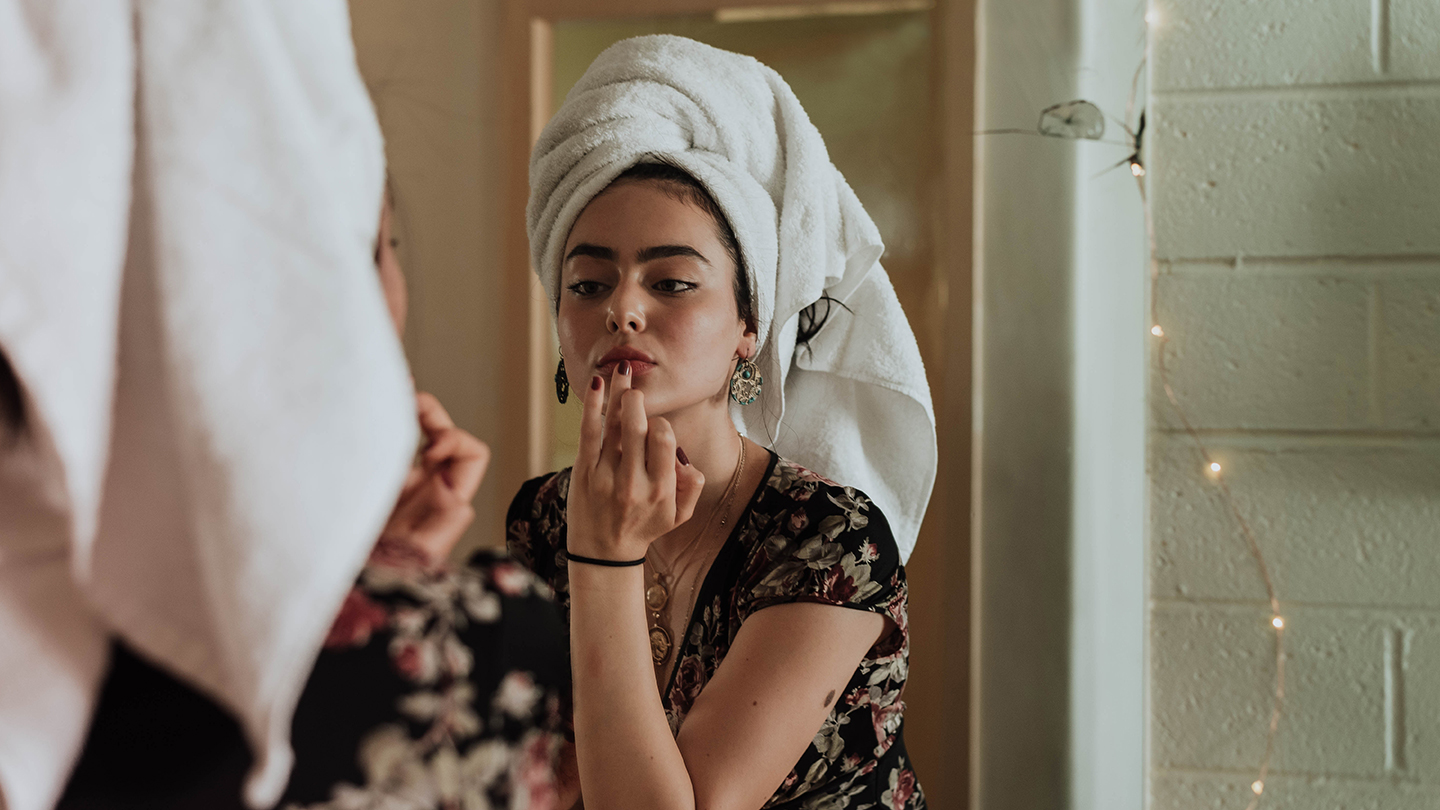When someone asks ‘How are you?’ your response is most likely to be a deflective ‘Fine’, or a straight-up ‘Stressed’. With growing pressures across all aspects of our lives, an always-on mentality fuelled by social media, and political chaos and impending environmental doom haunting our thoughts, we’re in the midst of a stress epidemic.
The stats speak for themselves. The Mental Health Foundation reports that 74% of UK adults have felt so stressed at some point over the last year they felt overwhelmed or unable to cope, while Mintel highlights that a quarter of 16-24 year olds feel stressed every single day. The root of the problem may be disputed — fingers have been pointed at social media, the recession and the changing world of work — but one thing is for certain, the wellness industry has expanded in tandem, proffering product upon product, remedy upon remedy, each promising to curb our anxiety. According to Statistica, the UK wellness market was valued at nearly £20 billion last year, having grown by nearly £3 billion since 2015.
As the line between wellbeing and beauty becomes increasingly blurred, it has opened the path for a truckload of new beauty products that reckon they hold the power to change our mood. It’s not just about a nice-smelling bath oil promising to mellow you out. Nowadays there’s lipsticks, perfumes, moisturisers and face washes ‘guaranteeing’ to swipe away your stresses.
This new beauty category harnesses the likes of essential oils and adaptogens (herbs believed to regulate the release of stress hormones) to promise these holistic benefits. Take Oh Yeahh!’s collection of lip balms for example. They’re apparently enriched with a ‘Happiness Boosting Complex’ derived from naturally occurring tryptophan-rich ingredients claimed to boost serotonin levels by 2.8x in just half an hour. How exactly is still unclear.
The Nue Co’s Functional Fragrance
plays on the olfactory system’s ability to trigger emotional responses, employing scents that have been shown to create
positive neurological reactions
, like calming green cardamom, palo santo and coriander.
Neom’s Perfect Night’s Sleep Cleansing Balm
borrows from the world of aromatherapy and contains a blend of 14 essential oils to help you enter a sleepy state before you’ve even hit head to pillow. And that’s just for starters.
The often natural ingredients utilised in these types of products have, of course, been used for centuries across all cultures as forms of alternative healing such as aromatherapy and ayurveda, and there is some scientific research around particular ingredients. Lavender oil, for example, has proven calming properties and has been shown to be beneficial in treating anxiety disorders. However, we enter sketchy territory when beauty brands start promising steadfast solutions to things like stress and anxiety.
Last week, US-based health and beauty brand hers was called out via anonymous Instagram account Estee Laundry for marketing a Propranolol pill (a beta blocker, often prescribed for heart tremors and hypertension) as a solution for calming “pre-date nerves” as though it was nothing more serious than a multivitamin. The brand, which also sells hair growth tablets, acne kits and birth control, was criticised for belittling the issue of anxiety and handing out serious medication “like candy” in instagrammable packaging and at an expensive cost.
The brand isn’t available in the UK thanks to stricter rules around access to such medication and requirement of prescriptions signed off by oh, I don’t know, a professional! However, the regulations around this area of stress-relieving beauty are confusing in themselves. While medications are regulated by the MHRA (Medicines and Healthcare products Regulatory Agency), herbal ingredients come under food and are regulated via the The Food Standards Agency.
“Despite ASA (Advertising Standards Authority) regulations, beauty brands can conduct research using very small sample sizes and easily present data in a skewed way. My concern is that often the claims these products make aren’t scientifically robust,” psychology professor Craig Jackson highlights.
The easiest way to assess the claims of an individual product is on a case by case basis. However, cynics would argue that brands exploit the fact customers don’t tend to do their research. “Marketing capitalises on the idea that we don’t have time to think critically about a lot of our choices,” psychologist Dr Audrey Tang adds. Plus, we can’t ignore the fact that these brands target consumers who are that their most vulnerable, asking them to part with a significant amount of cash for a product with dubious efficacy. “Self-care itself is important but it’s not necessary to use a particular product or spend money — it’s the act of personal grooming which is important,” Audrey states.
We’ve all felt the quick thrill of buying a new product, and psychotherapist Noel McDermott reckons the value of incorporating calming rituals into your day shouldn’t be overlooked. “Anything that makes you check in and connect with your body in a more mindful way is beneficial.” If a 12-step skincare routine makes you feel more zen, then go right ahead, but it’s probably the time you’re spending on self-care that is boosting your mood, rather than the product itself. “Let’s not underestimate the power of positive thought. If someone thinks it will work for them, it often will,” Audrey notes.
However, Craig warns that these ‘stress-busting’ beauty products are encouraging a potentially dangerous “quick fix” mentality. “A beauty ritual is classed as a ‘maladaptive coping strategy’, one that only offers a temporary solution, but to really address stress you need to tackle the underlying issues or alter the stressful situation,” he says.
The basic consensus: ‘stress-busting’ skincare deserves to raise a few skeptical eyebrows and certainly won’t solve all your problems. And with the rise in call-out culture, any brand promising otherwise should tread very carefully. But if you wanna indulge in a cute lip balm or face cream, then you do you.


